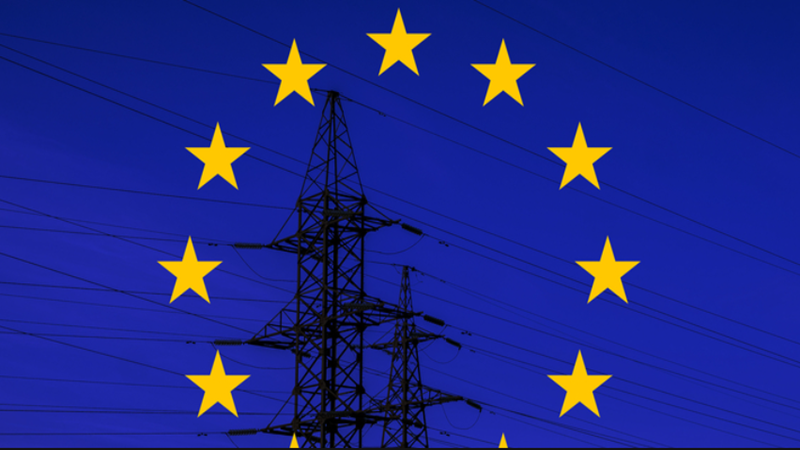
Title: Munkahelyek szűnhetnek meg, ha Európa nem kezeli energiaköltségeit
As the European Union continues to navigate its energy crisis, industry experts are sounding the alarm about a pressing issue: the need for reduced energy taxes. According to Birnbaum, CEO of E.ON and German energy giant, the EU’s high energy taxes threaten the very survival of businesses across the continent.
“We’re aware that governments always need more money, but if we really want to electrify, then you can’t impose excessively energy-proportional taxes on electricity compared to gas,” Birnbaum emphasized. The issue at hand is not only a matter of economic competitiveness but also an existential one for many industries.
The problem lies in the fact that energy taxes vary wildly from country to country, and it’s up to each member state to set these rates without any overarching EU guidance or regulation. This lack of consistency creates a disincentive for companies to invest in green technologies.
To address this issue, industry representatives are calling on governments to harmonize energy taxation. In recent talks between Eurelectric, CEFIC, and European Aluminium, they proposed six key measures to ease the pressure on energy-intensive industries, including tax equalization.
The stark reality is that electricity taxes are three to four times higher than those for natural gas in the EU, a disparity that has severe economic implications. As it stands, businesses face significant financial burdens, which could lead to widespread job losses if left unchecked.
Industry leaders argue that a well-functioning market requires long-term investment signals, infrastructure reinforcement, and lower electricity taxes as incentives. “We’re not asking for a handout, but rather a level playing field where we can compete globally,” Kristian Ruby, Eurelectric’s Chief Executive Officer, emphasized.
In the face of an energy crisis, it’s imperative that EU governments take note of this pressing issue and work towards creating a more sustainable and competitive environment. Failure to act could result in the loss of thousands of jobs across Europe, exacerbating the very crisis they’re trying to mitigate.
As the European Union continues its quest for a sustainable future, these concerns must not be ignored.
Source: www.bitcoinbazis.hu


